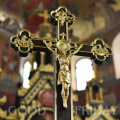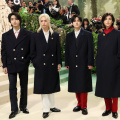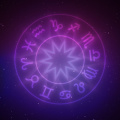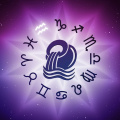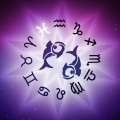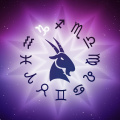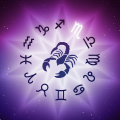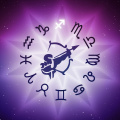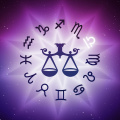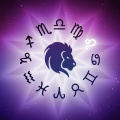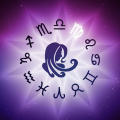Why is April Fool's Day celebrated on April 1? Exploring its history and significance
The world loves April Fools' Day, which is a time for jokes and fun. It all began in 16th-century France and is a day to celebrate friendship, playfully trick others, and heal ties through trickery.
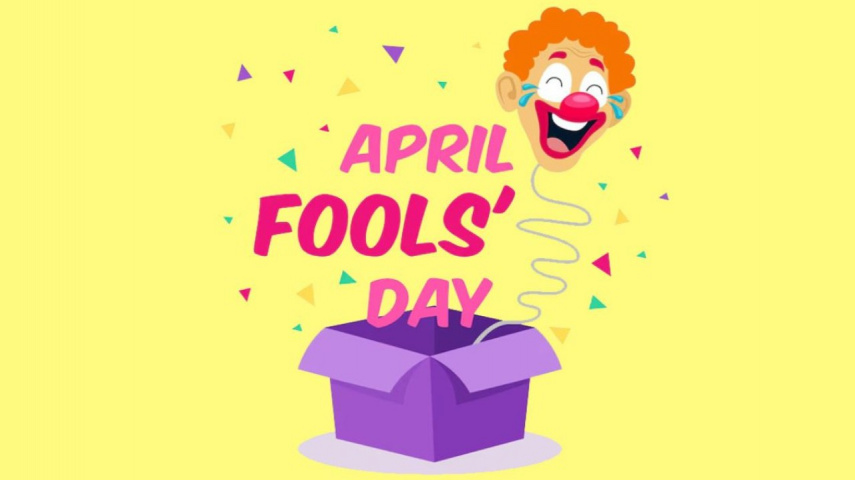
April Fool's Day, a beloved unofficial celebration of comedy and practical jokes worldwide, is here! Every year on April 1st, people celebrate April Fool's Day, a day set aside for pulling practical pranks and spreading hoaxes. It fosters friendship and fun antics while also providing a chance to patch things up and laugh together via lighthearted trickery. It is widely recognized in popular culture and the media; therefore, it is celebrated with tremendous fervor in many nations.
Exploring the history and significance of April Fool's Day
The most widely accepted account of how April 1st came to be associated with the holiday comes from 16th-century France, though there are numerous other explanations as well. April 1st has been observed as April Fool's Day for several centuries. The Council of Trent in 1563 agreed that France would move from the Julian to the Gregorian calendar, which was implemented in 1582.
History
Before the ruling, the spring equinox, which falls between the end of March and the beginning of April, was the date of New Year's celebration. The New Year celebration was shifted to January once the new calendar was adopted. Yet, some people kept celebrating the new year in March or April, and individuals who had chosen this practice became the target of jokes and pranks. Known as April Fools, those groups of people were the targets of practical jokes.
Another poem by Flemish poet Eduard de Dene from 1561 that describes a nobleman who sends his servant on pointless errands on April 1 also alludes to the day's origins.
April Fools' Day has its roots in ancient Roman holidays like Hilaria, which was observed at the end of March, and Holi, which is observed around the same time in India. Similar to the present custom of pulling practical jokes, Hilaria had individuals dress up as masks and make fun of one another. In contrast, Holi is all about silly jokes, lighthearted chats, and having fun with colors.

Significance
With the growth of internet platforms and social media in the modern digital age, April Fool's Day has acquired a fresh meaning. To further enhance the pleasure and laughter of the occasion, it has evolved into a day for exchanging digital pranks and funny entertainment. April Fool's Day is celebrated to make people laugh and smile, not to hurt anyone. The popularity of social media in recent years has only increased April Fool's Day's inventiveness and reach.
ALSO READ: Easter 2024: Date, history, significance and all we know about the festival





 JOIN OUR WHATSAPP CHANNEL
JOIN OUR WHATSAPP CHANNEL











